Amidst arguments — after Toyota Indus Motor Company (IMC) decided a week ago to invest $100 million in Pakistan to start manufacturing Hybrid Electric Vehicles (HEVs) — of going fully electric, CEO IMC Ali Asghar Jamali has confidence in the car manufacturer firm’s decision.
The company’s decision to invest a hefty amount to begin manufacturing HEVs and increase its production capacity by 20 percent was met with a lot of positivity by the public and Prime Minister Imran Khan, who lauded the company’s efforts. The decision, however, also stirred arguments that the company should have opted for manufacturing fully electric vehicles.
Against this backdrop, while talking to SAMAA News, CEO Ali Asghar Jamali has expressed complete confidence in the company’s decision to focus majorly on the development of HEVs in Pakistan.
Why Electric Cars Aren’t Practical
Jamali stated in his conversation with the media that although the idea of Electric Vehicles (EVs) in Pakistan is certainly enticing, Toyota IMC would much rather stick to its goals pertaining to the development of HEVs for now, given the current challenges of the auto industry and the infrastructural hurdles.
Further highlighting the issues, Jamali made the following statement:
Our inter-city transport mostly depends on people traveling by road in cars. We don’t have proper public transport. We don’t have charging stations. For instance, if you own an electric car and choose to go to Sukkur from Karachi, where will you find a charging station? And even if you find one, would you like to wait for two hours to charge your electric car?
Jamali further reasoned that HEVs are better suited for Pakistan roads because they are largely dependent on electric motors for inter-city transport, which implies that not only are these cars tremendously fuel-efficient but also greatly environment-friendly.
He added that the synergy provided by the engine as well as the electric motor also allows these vehicles to be more reliable than EVs, especially for the Pakistani market.
Speaking on the government’s environmental goals, Jamali also pointed out the EVs are not going to suddenly reduce the carbon footprint in Pakistan. He added that the electricity that will power the EVs is being produced from fossil fuels, implying that the impact of the EVs on the environment would be insignificant.
Jamali stated that the HEVs are the most favorable option for Pakistan right now, as they will enable the country to secure its economic and environmental objectives, without placing the burden of high prices, limited support, and charging infrastructure on the people, as well as the automakers.
Interesting Parallels
It bears mentioning that Toyota Motor Corporation – on a global scale – shares the same philosophy as Toyota IMC here in Pakistan. Earlier this week, the CEO of Toyota Motor Corporation Akio Toyoda has publically disputed the government’s plans of going fully electric.
Toyoda stated that the Japanese government’s ambitions for warranting a decline in the carbon footprint are inspired by the European countries whose environmental, industrial, and socio-economic outlooks are greatly different from Japan. He added that the plan for achieving carbon neutrality should be suited for each country’s circumstances.
Jamali has made just about the same points in his most recent discussion with the media. The only difference is that, in the context of Pakistan, these arguments seem to make a lot more sense.
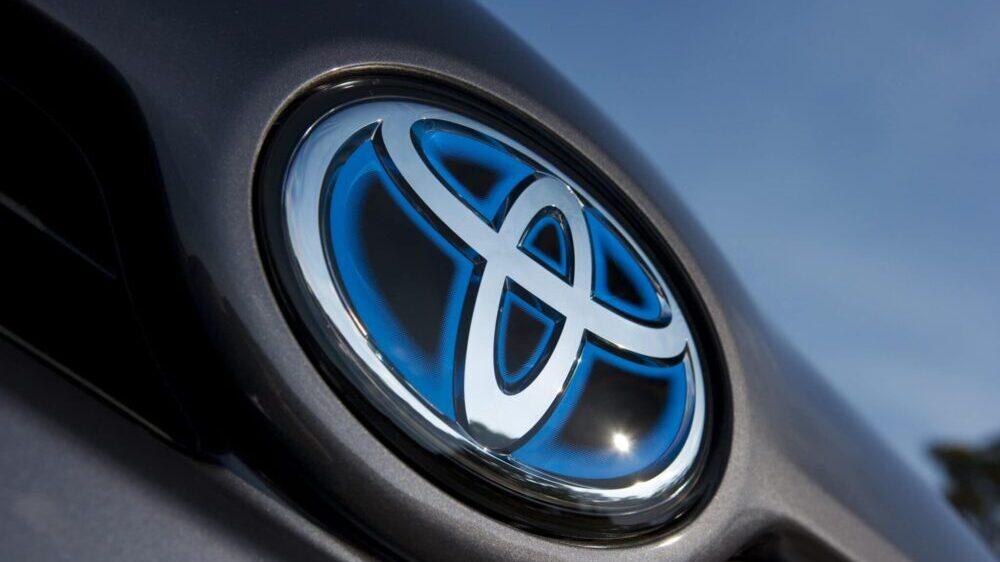



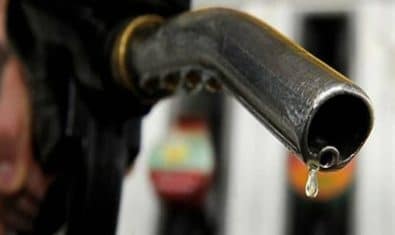
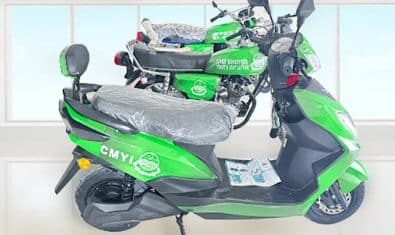
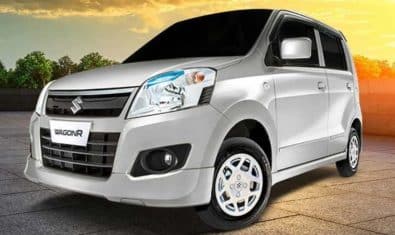



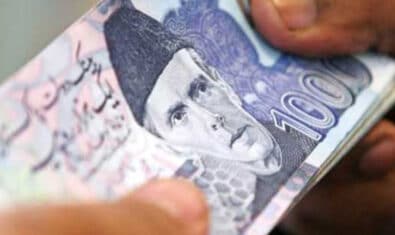


















very nice sharing awesome one keep posting
How they can invest in Electric Vehicles?
Toyota itself is no where to be seen in global EV market.